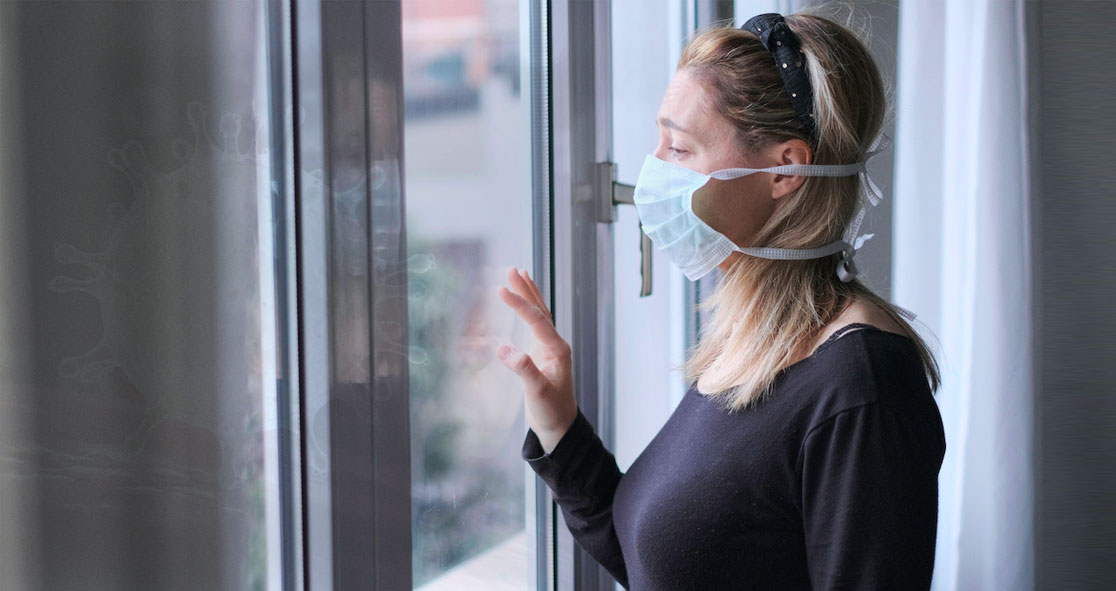You will be fined up to £10,000 if you refuse or fail to self-isolate in England.
People who test positive for COVID-19, or have been told that they have been in contact with someone who has, will now have a legal duty to quarantine.
Meanwhile, the UK government has promised an “uninterrupted supply” of PPE for frontline health workers over the winter.
The Department of Health said, “Four-month stockpiles of PPE – personal protective equipment such as masks, visors, and gowns – will be available from November.”
From today, failing to self-isolate will be a punishable offense, with fines starting from £1,000 to £10,000 for repeat offenders.
The government said, “Police officers can check that people are complying with the rules in virus hotspots and among high-risk groups based on “local intelligence.”
The new law applies to someone who has tested positive for COVID-19, or who has been told by NHS that they have been in close contact with a person with the infection.
People with low-socioeconomic status who cannot work and are losing income while self-isolating will get a £500 payment.
In England, nearly four million people who receive benefits will be eligible for the money, according to the Department of Health.
Priti Patel, Secretary of State for the Home Department, said the new fines were “a clear sign that we will not allow those who break the rules to reverse the hard-won progress made by the law-abiding majority.”
Secretary of State for Health and Social Care Matt Hancock said the government will “not hesitate” to introduce further measures if the number of coronavirus cases continues to rise.
Until August, over 19,000 fines had been issued in England and Wales for breaches of coronavirus laws, according to a letter from the attorney general.
The self-isolation rules mean people cannot leave their house even to buy food or other essentials, or to exercise.
The law requires people with symptoms or a positive test result to isolate for at least 10 days and members of their household who have been contacted by NHS Test and Trace must quarantine for 14 days.
People’s intention to self-isolate was around 70% but only 11% of people went into quarantine after being advised by NHS Test and Trace.
One of the most common reasons people gave for not self-isolating was they needed to go to the shops for groceries or a drugstore or because their symptoms got better. The government said men and younger people were less likely to follow the test, trace, and isolate guidelines.























